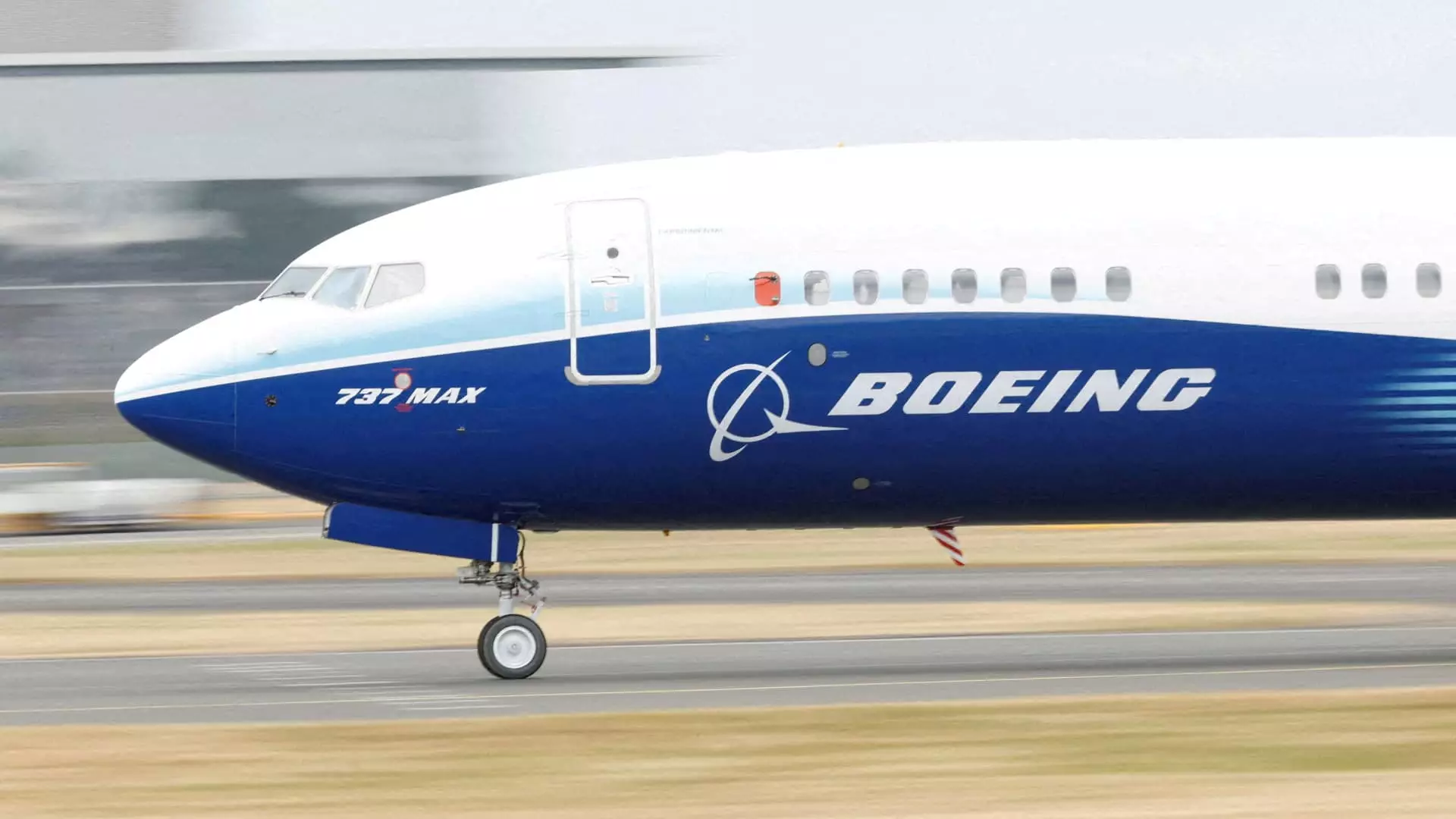The recent series of mid-flight technical failures experienced by Boeing has once again cast a shadow over the American aerospace giant. With the Federal Aviation Administration and Justice Department scrutinizing the company’s manufacturing practices, it has become clear that Boeing is in dire need of strong leadership to navigate through this crisis. In the following article, we will delve deeper into the importance of having engineers at the helm of Boeing and how a governance model prioritizing safety and quality is crucial for the company’s future success.
Tim Clark, the president of Emirates Airline, emphasized the need for Boeing to be led by engineers in order to overcome its current challenges. He pointed out that a strong engineering lead combined with a governance model focused on safety and quality is essential for Boeing’s turnaround. Clark highlighted the importance of integrating the voice of the factory floor into the decision-making process and risk management strategies. This call for engineering leadership comes at a time when Boeing is facing increased scrutiny and pressure to address its manufacturing and safety issues.
Aviation analysts and former Boeing employees have criticized the company for sidelining engineers in its senior management ranks. With only one top executive, Stan Deal, having an engineering background, concerns have been raised about the lack of technical expertise at the leadership level. The recent management shakeup at Boeing, which saw Deal retiring and Stephanie Pope taking his place as chief operating officer, has raised questions about whether the changing of the guard will be enough to address Boeing’s underlying issues. Clark highlighted the need for innovative thinking to be employed to tackle Boeing’s challenges in a timely manner.
Following the grounding of the 737 Max jets after two fatal crashes in 2018-2019, Boeing was striving to recover its reputation and regain trust in the industry. However, the recent incidents, including the Alaska Airlines door blowout, have once again raised concerns about the company’s commitment to safety and quality. The FAA’s audit of Boeing and Spirit AeroSystems found multiple instances of non-compliance with manufacturing quality control requirements, pointing to systemic issues within the company. Boeing has pledged to implement immediate changes and develop a comprehensive action plan to address these issues and strengthen its safety culture.
The leadership at Boeing plays a crucial role in determining the company’s future trajectory. The emphasis on engineering expertise and a governance model prioritizing safety and quality is essential for Boeing to overcome its current crisis and regain the trust of regulators, customers, and the public. As the company navigates through this challenging period, it must focus on implementing necessary changes and fostering a culture of transparency and accountability to ensure a successful turnaround. Time will tell whether Boeing can rise above its current challenges and emerge stronger from this crisis.


Leave a Reply